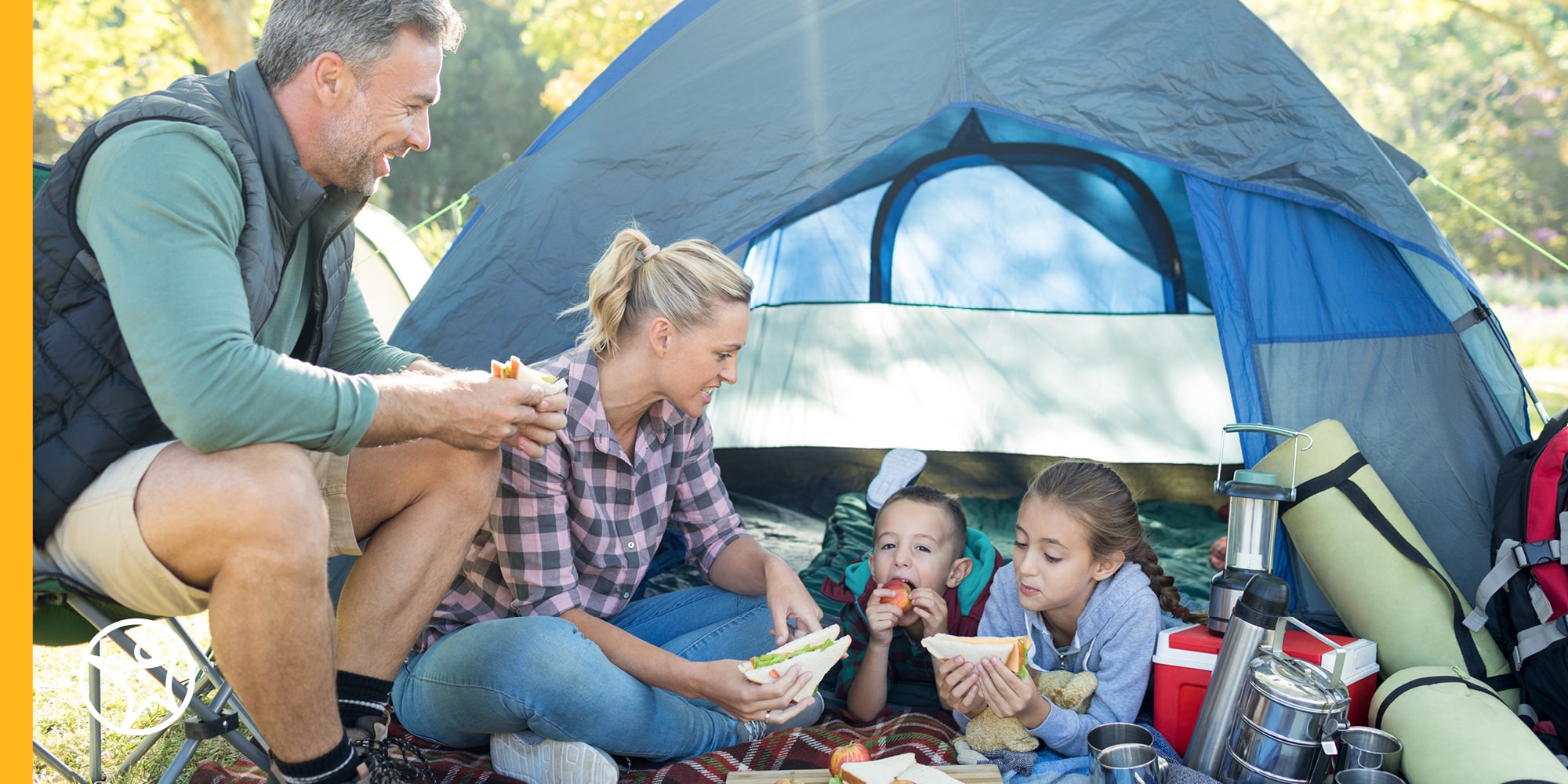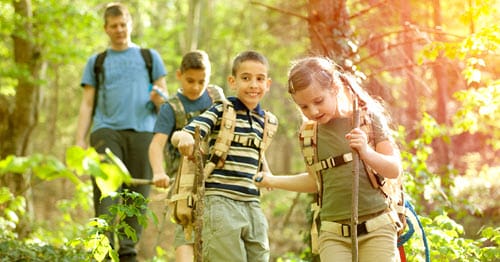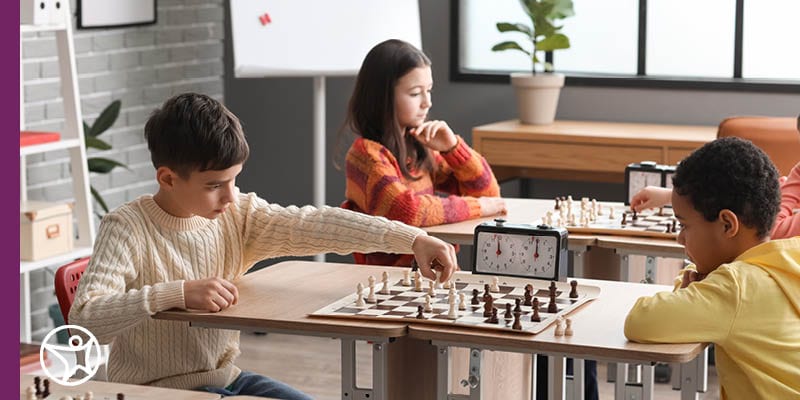National Camping Month: 6 Life Skills Kids Can Learn from Camping
byCorissa Hennessey
3 min to read
June is National Camping Month, and as the weather warms, camping enthusiasts everywhere are heading out to the campgrounds for s’mores, family fun, and to unplug and reconnect with nature. Whether your child is a seasoned camper or beginner, every camping trip is teaching camping skills such as navigation, outdoor meal preparation, safety and survival skills, and how to set up shelter.
In addition to these outdoor skills, kids are also learning important relational and character-building life skills that will benefit them in school, at home, and eventually, in the workplace. Here are just some of what kids can learn while camping that they’ll carry with them, both on and off the campground.
1. Planning
A great deal of planning goes into a camping trip and requires thinking ahead. What will you need for shelter, food, and fun?
An important part of teaching kids about camping is involving them in every step of the planning process. Ask them what they think you’ll need during the trip, and how you can prepare as a family for unexpected challenges such as a scraped knee or a sudden shift in weather. Have them walk through hypothetical scenarios and ask them what supplies or steps they think they would need to make it through the scenario.
2. Cooperation
During a camping trip, the most important tasks require some degree of cooperation, from packing essentials to setting up a tent or building a campfire. Have them help you decide what you need to bring, how to set up your campsite, and work together as a team to make it all happen. This two-way communication and teamwork build the cooperation muscle that will allow them to work well with others in the future, such as during collaborative group projects or extracurricular activities.
3. Resilience
Being in nature teaches kids resilience by removing an “out” when problems arise—there’s no way to disappear into their bedroom or get lost in a video game. If a strong wind is pushing your tent during setup, there won’t be anywhere to sleep unless you find a solution. If you can’t get a steady fire going, you may not eat or warm up unless you find a different solution. Camping dwindles down aspects of living to the very basics, helping kids learn how to persevere in the face of challenges. Check out our resilience series to learn more about why resilience matters.
4. Resourcefulness
When camping, the only tools you have access to are the ones you pack and what nature can provide. This teaches kids to make the best of what they’ve got on hand. For example, if you forgot to bring skewers for marshmallows, you might be able to gather some long sticks from around the campsite to use instead. A camping trip is rarely carried out without a hitch, giving kids the opportunity to come up with some creative solutions. And they may be surprised by all the things they discover they can live without.

5. Courage
Teaching kids about camping requires them to engage in new activities. Some of these activities may bring up fears they’ve never had to face before—for example, sleeping in a tent at night might seem scary at first, or starting a fire may seem intimidating. Completing a task despite fear or reluctance requires courage, and once they’ve faced whatever causes them discomfort during their camping trip, they will be able to call on that same courage again and again throughout their lives.
6. Connection
Kids can discover new ways to connect with other people, nature, themselves, and their environment while camping that don’t involve cellphones or other devices. Science also suggests that time in nature is positive for children’s brains and improves their mood and concentration.
On camping trips, kids interact with surrounding plants and sometimes wildlife, observing and connecting with the natural environment around them. This connection can strengthen their relationship with nature by deepening their concern for its well-being, as well as teach them how to lean on their relationship with nature for their own well-being. To further this sense of connection, consider facilitating activities during your camping trip that build nature smarts.
For parents with mobility restrictions or who simply aren’t outdoorsy types, consider camping lessons for your kids. The summer break is a great time for enrollment in an outdoor or survival summer camp. The skills they develop—and the happy memories—will stick with them for a lifetime.



